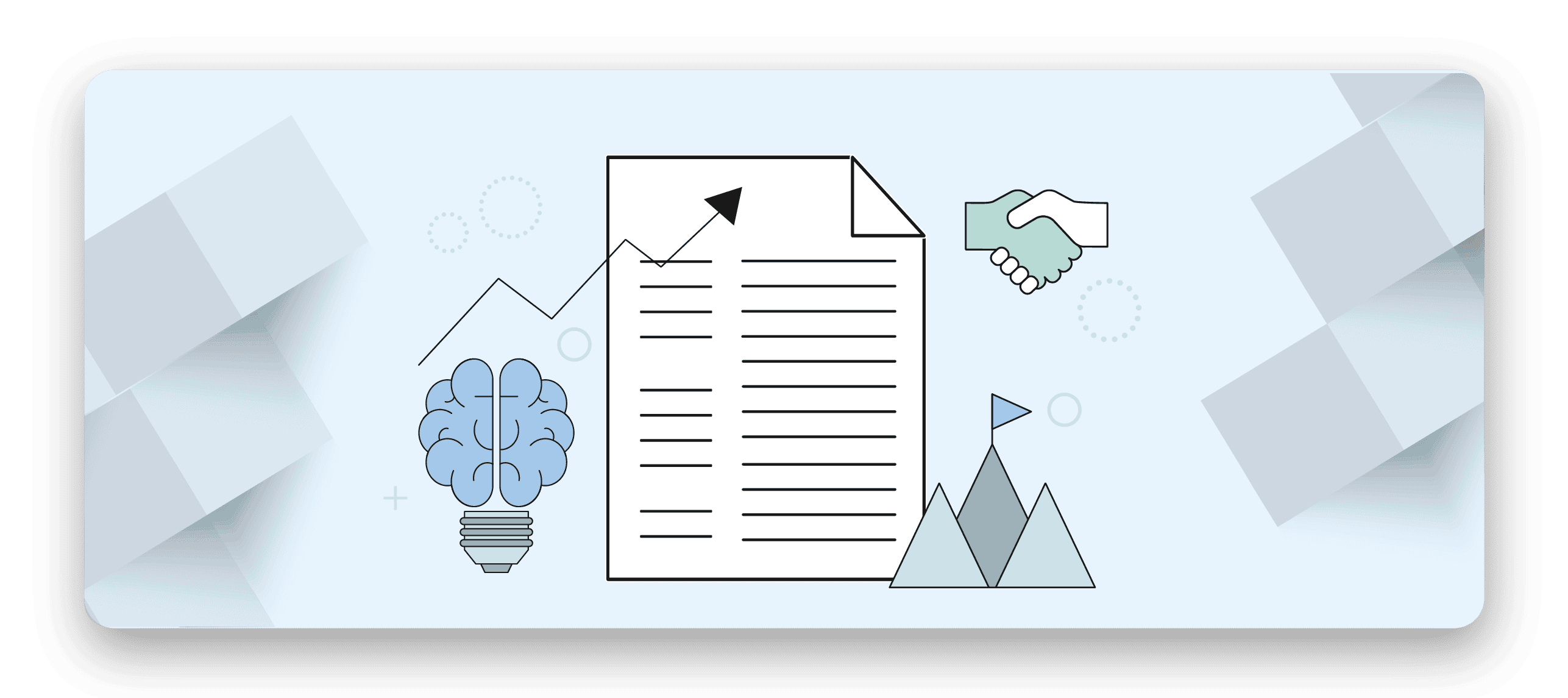4 minute read
Your price is too high! It’s easy to take those words at face value, but do they always mean the price is high or could it hint at other issues under the service? In this article, we talk about some potential hidden meanings and how to overcome them.
“Your price is too high!” Conducting win-loss interviews means running into this sentiment many times. From my experience doing hundreds of these interviews for B2B companies over the years, when a buyer in the “loss” category says this, they are showing dissatisfaction with a vendor’s value proposition.
It’s tempting to take this initial feedback at face value, but it is often over simplistic and potentially misleading. That’s why it’s important to probe deeper into the buyer’s pricing concerns during the win-loss interview to seek more actionable feedback.
And to be clear, lowering your solution’s price is usually a mistake. In reality, there are three common underlying themes behind the “your price is just too high” statement. Most of the time, the buyer doesn’t think it costs too much, they don’t think it is worth the price tag because:
- There is no clear or justifiable value proposition
- There is an unclear pricing model
- The package didn’t align with their current needs
By understanding these themes as you conduct post-decision interviews of lost opportunities, you can have more revealing conversations and facilitate internal improvements that enable more wins.
Let’s look at each of these in detail to understand what they mean and how you can counter them when you face them.
No Clear or Justifiable Value Proposition
“It’s important to remember that B2B transactions are never just about money,” said David Tensmeyer of Boston Consulting Group. “Whether your price is lower than, higher than or on par with the competition, you need to have a value proposition that justifies that price level in the customer’s mind.”
A value proposition is a clear declaration that summarizes the specific advantages a product or service provides. It emphasizes its distinctiveness and the unique value it adds compared to other options available. So, potential customers must understand the value your product brings and how that value justifies the price tag. There are a few ways you can help them make that connection.
First, customers need to be confident that your solution will solve their problem. Second, they need to be confident that your price point is justifiable relative to the magnitude of the problem being solved. Finally, they need help making that business case clear to other stakeholders in their company.
You can address these concerns by training sellers to identify the problems being solved up front. This makes it easier to build a case for the price point. Sellers should also work alongside their customers to build a business case for the purchase, making it easier to overcome any stakeholder concerns.
Sellers will get better at this by conducting regular post-decision interviews to identify lost opportunities where your value proposition fell short. These also show whether the loss was sales-related or a true pricing issue. In many cases, sales-related improvements will enable more wins than dropping your price.
An Unclear Pricing Model
For many buyers, their problem isn’t that the price is high, but that it’s unclear. They want to understand the structure behind the quote. Think about it from the point of view of the consumer; how many times have you wanted to see an itemized bill or questioned how a company arrived at the final total? Your buyers also want to know how you arrived at the price you quoted to them.
Without pricing clarity and transparency, the buyer may question the integrity of your quote. They may also question the scalability of your pricing over time and wonder about the flexibility of your pricing when their needs change. You can counter this by training your sellers to clearly communicate how your pricing works. Communicate how important it is for them to break down estimates into their component parts to demonstrate transparency.
Most of all, avoid used-car-salesman tactics like starting with an unreasonably high price and then deeply discounting to find the buyer’s comfort level. Even if the buyer is pleased with the lower price, they still are left wondering about your honesty. They may also question if you have a clear idea of the actual value of your product.
The Package Didn’t Align with Their Needs
“Buyers don’t like paying for things that they won’t use,” said Clozd senior consultant Cameron Turnbow. To make their product more compelling, sometimes companies add a lot of features that some buyers may not need or care about. In fact, they may feel like you’re selling them more than they need. This can give them the impression that they are spending more than they should. Packaging your product or service correctly ensures you avoid this potential pitfall.
If a buyer is looking for a quick fix for a simple business problem and all you offer is a premium product with lots of bells and whistles, it’s going to be difficult to get your price down to a point that makes sense for them. In this case, when you hear “the price is too high,” they’re really saying that “your product is way more than we need right now.”
Regular post-decision interviews with lost prospects will help you diagnose these kinds of packaging problems. If you are truly losing many sales because you don’t have a solution that fits the needs of your target, you have some decisions to make. You may find that simple tweaks will help you align your solution with the actual needs of your typical buyer personas.
Dig a Little Deeper
One of the best methods to determine what a buyer means when they say your price is too high is to conduct in-depth interviews with the decision makers of lost accounts. This is your opportunity to find out what they really think now that a sale is no longer on the line, so don’t be afraid to ask bold questions. Do they not see value in your product? Can they not justify your price because they don’t need many of the features you offer? Were they put off by your pricing model?
By digging a little deeper, you can gain insights that will transform your approach to future customers and quiet the concerns about price. At the end of the day, you will be able to close more deals because you’ll have a better understanding of what buyers mean when they say the price is too high.
Learn more about product pricing with the following resources:
The Pricing Process: How Product Marketers Can Improve Revenue
The Benefits of Bundle Pricing
Ethical Pricing Strategies with Examples
Author
-

Andrew Peterson is the founder of Clozd. Connect with him on LinkedIn








